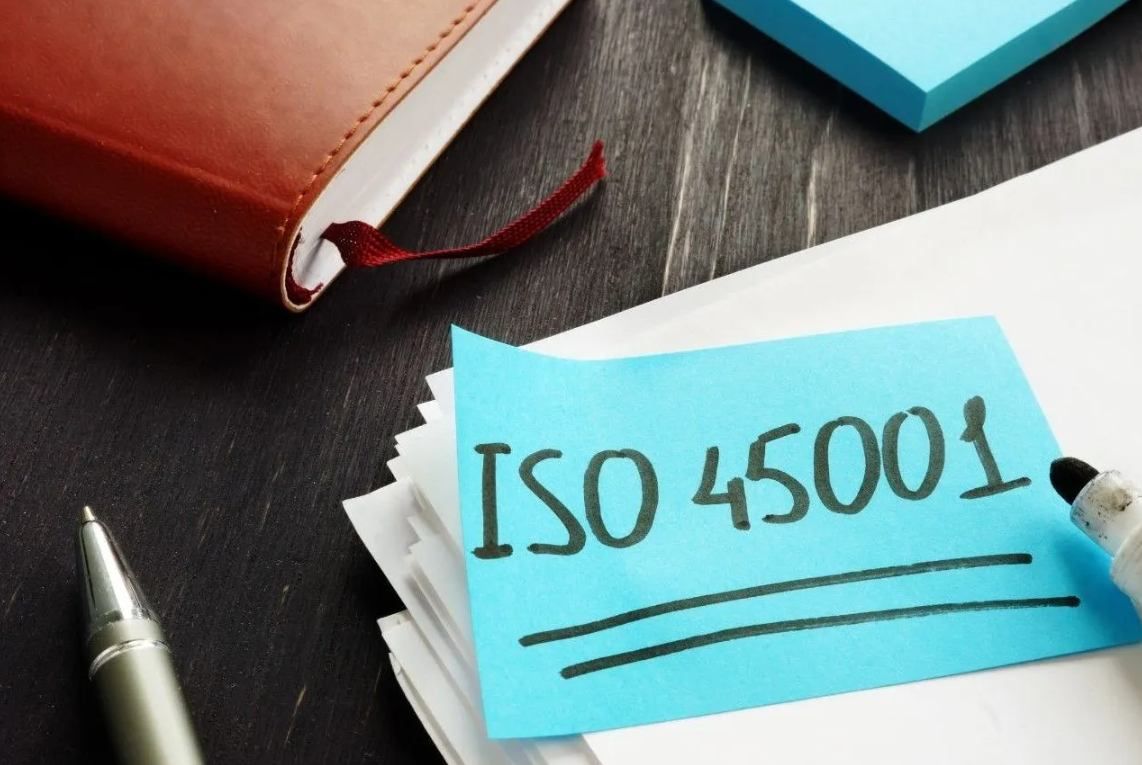TRANSITIONING FROM AS/NZS 4801 TO ISO 45001
Transitioning From AS/NZS 4801 TO ISO 45001

Transitioning From AS/NZS 4801 TO ISO 45001
Companies yet to transition from AS/NZS 4801 to ISO 45001 have until 23 July 2023 to transition to the new standard. From 23 July 2023 onwards, AS/NZS 4801 certificates will not be recognised and companies seeking ISO 45001 certification will be treated as new applicants by their external certification body.
Standards Australia has marked 4801 as 'Superseded' and 'Published, Obsolete'. As such, any organisation which previously had 4801 should move to 45001 if they do not require 4801 for legislative or contractual reasons.
What Is AS4801 and ISO 45001?
AS4801 is an Australian standard for occupational health and safety (OHS) management systems and sets out requirements for the establishment, implementation, maintenance, and continual improvement of an OHS management system. It includes guidelines for identifying and assessing hazards and risks, establishing OHS objectives and targets, implementing controls and measures to prevent or mitigate OHS risks, and monitoring and reviewing the performance of the OHS management system.
ISO 45001 is an international occupational health and safety management system (OHSMS) standard that was designed to provide organizations with a comprehensive framework for controlling risks and hazards in the workplace. It replaces OHSAS 18001 and is designed to help organizations improve their occupational health and safety performance by providing them with a structured approach to managing risk, meeting legal requirements, and enhancing employee well-being.
The main differences between the two standards relate to the understanding of an organisation’s context to define the scope, objectives, and targets for health and safety, along with defining health and safety leadership, training, monitoring and reviewing performance and implementing corrective actions.
How To Transition
When making the transition to ISO 45001, there is a clear process organisations can follow to ensure that their OHS management systems are comprehensive and effective. However, as each business is different, it’s often recommended that individuals discuss their transition process with an experienced consultant who understands the standard requirements.
Complete a Gap Analysis of Your Current Systems
Transitioning to ISO 45001 will require your company to perform a gap analysis/ audit of your current Safety Management Systems to identify any gaps and shortfalls in meeting the criteria of the new standard. In most cases, the auditing process will bring to light opportunities and/or requirements to improve existing systems and processes.
During this stage, organisations will often find it particularly beneficial to gain professional assistance from an external consultant. This is because they can provide a fresh, outside perspective, identifying points that someone who’s overly familiar with your business’ systems may overlook.
Determine Your Plan-of-Action
Once the findings from your gap analysis have been summarised, you will need to develop practical, cost-effective strategies to address any downfalls in your management systems.
It’s important to ensure that you’re prepared to dedicate a realistic amount of time and resources to improving your management systems, rather than expecting immediate results from little input.
Implement Required Changes
ISO 45001 guidelines have a strong focus on the need for individuals across all organisational levels to share responsibility for a business’ improved OHS management. Thus, it’s likely that, before alterations can start being integrated into your systems, your employees will have to undergo some form of training. The extent to which this is required will, of course, vary depending on the particular changes you plan on implementing.
Once your management systems have been adjusted accordingly, it’s crucial that you measure your performance and, in doing this, verify the effectiveness of your changes.
Contact Us to Discuss Your Needs
If your company is yet to make the transition, now is the time to get the process underway. Migrating your business from AZ/NZS 4801 to ISO 45001 may seem like a complex and time-consuming process but we are here to help.
Zenergy can complete a gap analysis/audit of your current systems where we plan, conduct and manage the gap analysis/audit on your behalf by professional, experienced auditors where can add value to our client's business needs.
Zenergy has the experience in assisting many organisations in determining your Plan-of-Action from the findings of the gap analysis audit and implementation of the required changes to successfully transition from AS/NZS 4801 TO ISO 45001. Contact us for more information to discuss your needs.
Please click HERE to find out more or contact us on info@zenergygroup.com.au or 1300 333 400
Contact Us
Zenergy News






